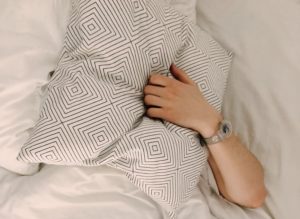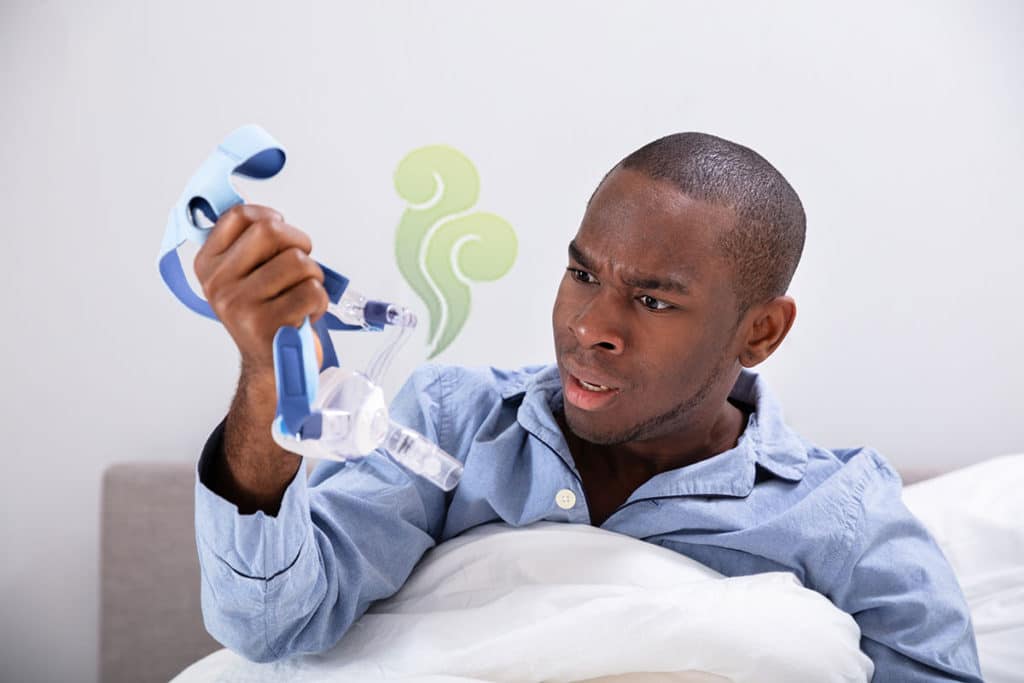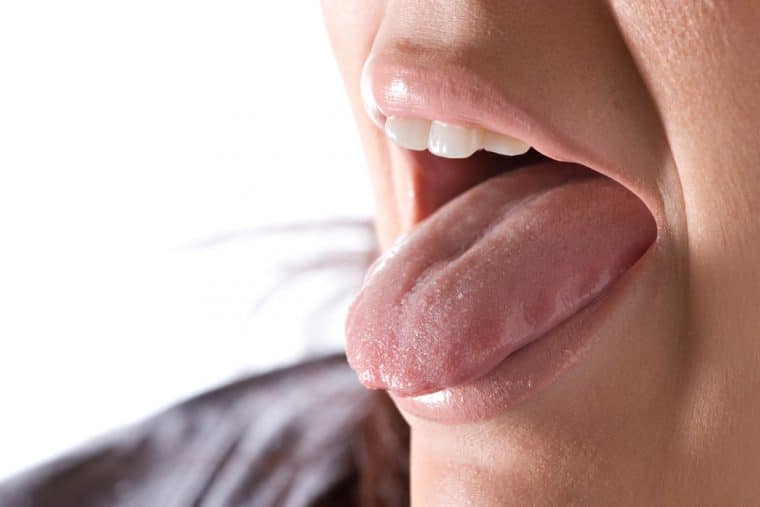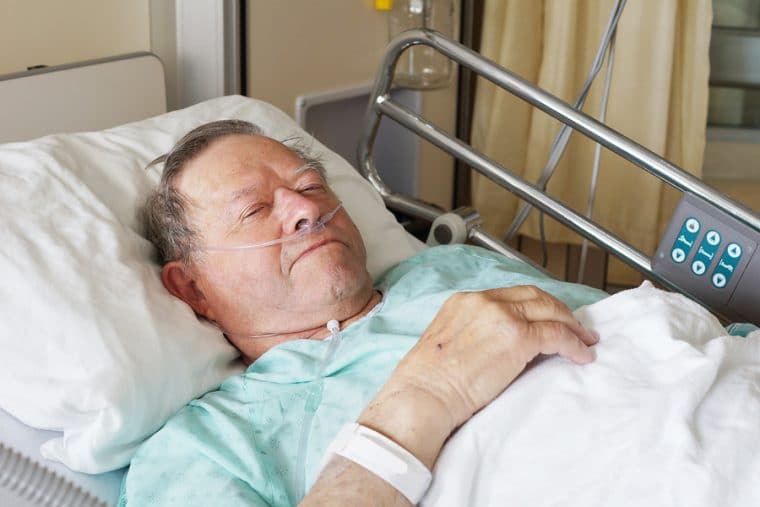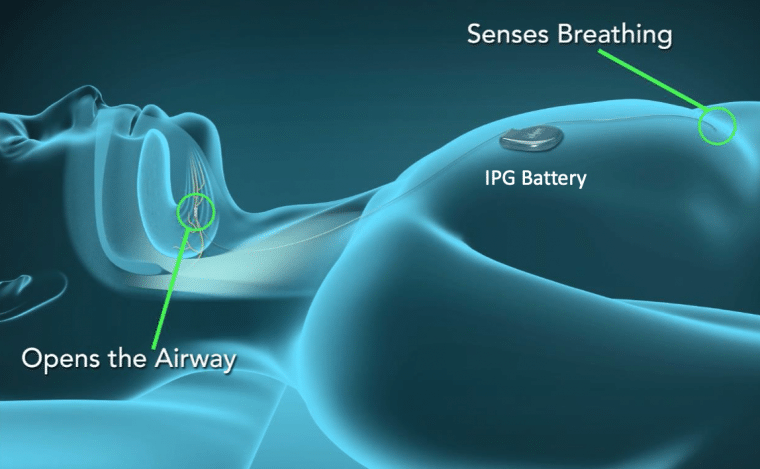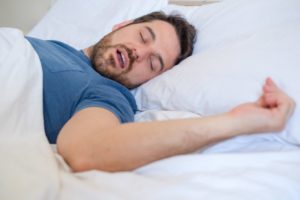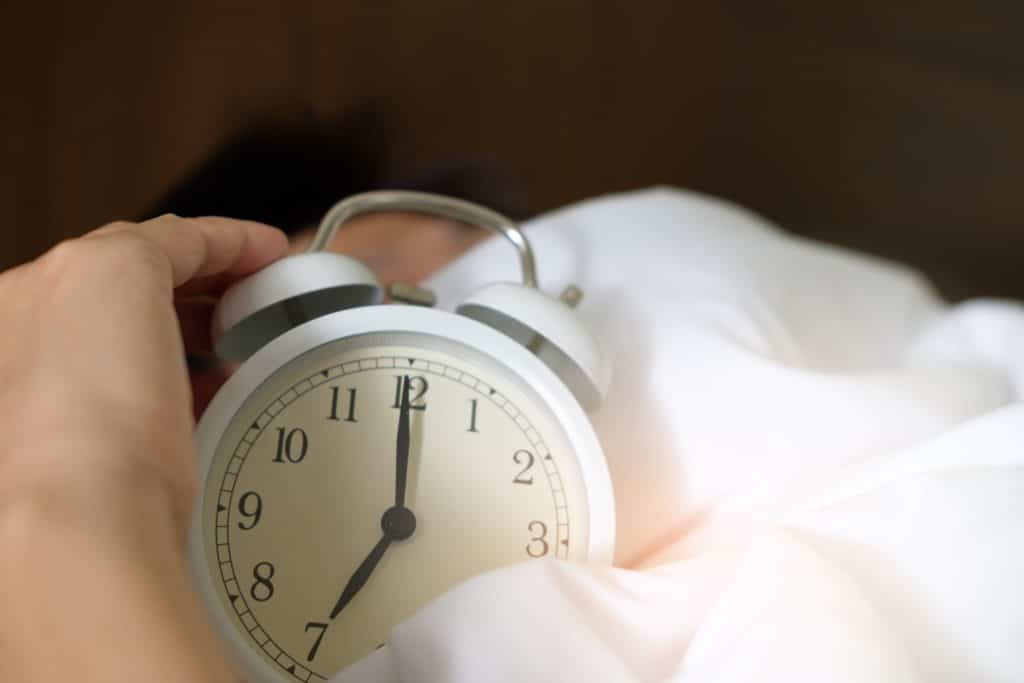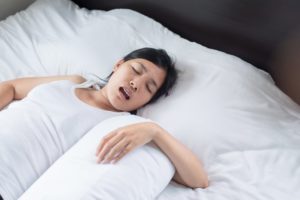You’re already aware that sleep apnea is bad for your health. If you wake up bleary eyed with a headache from your sleep apnea, then you’re extra aware of how rough it can feel.
A lot of the negative effects of sleep apnea are in your face, or your partner’s for that matter. On the other hand, there are a lot of pent up effects of sleep apnea that could even be lethal.
Sleep apnea can put you at risk for high blood pressure and heart disease. It can even put you at a higher risk for diabetes. When you’re constantly tired and running on empty, you might unconsciously overcompensate for your tiredness by consuming excessive amounts of sugary food.
In a recent study, sleep apnea was linked to a higher risk of silent strokes.
What is a Silent Stroke?
A stroke occurs when blood stops flowing to part of your brain. You’ve probably heard of symptoms of strokes. Usually, a person gets slurred speech, part of their body becomes paralyzed, and they can’t move the left side of their face. For the most part, when someone has a stroke, they immediately know that something lethal is occurring.
In some rare instances, you might be having a stroke without even realizing it. These are known as “silent strokes.” The symptoms of a silent stroke aren’t easy to see, or you won’t remember them. However, they can still cause serious permanent brain damage. This gives a whole new meaning to “silent but deadly.”
Oftentimes, when people suffer from silent strokes, they simply think they’re having memory problems, which can lead to an even more lethal stroke. Silent strokes are actually more common than you’d imagine.
A study of middle-aged adults found that about 10% of patients suffered from brain damage from silent strokes. There are a few factors that raise your risk of silent strokes, like irregular heartbeats and high blood pressure. Recent evidence has also found that sleep apnea is linked to silent strokes.
Sleep Well for Heart Health
Much like silent strokes, sleep apnea often goes undetected. A lot of people have sleep apnea and know that something is wrong with their sleep patterns, but don’t treat it.
A recent study found that patients around the age of 67 years old with sleep apnea are at a higher risk for brain lesions and silent strokes.
They looked at computerized brain scans to view the silent strokes and lesions. All in all, they found that about 91% of the patients that had a stroke also had sleep apnea and were more likely to have silent strokes later on. The study also found that all it took was as few as 5 sleep apnea episodes every night to increase your risk of silent strokes.
About a third of the people whose brain scans showed lesions also had severe sleep apnea. According to other stories, men are more likely to have silent strokes than women, but the link between silent stroke and sleep apnea was the same ratio for men and women.
Treating your sleep apnea will not only decrease your risk for silent stroke, but it will also help strengthen your heart and cardiovascular system.
** This post was originally published on https://sleepapneahallam.com/2016/07/20/sleep-apnea-silent-strokes/


